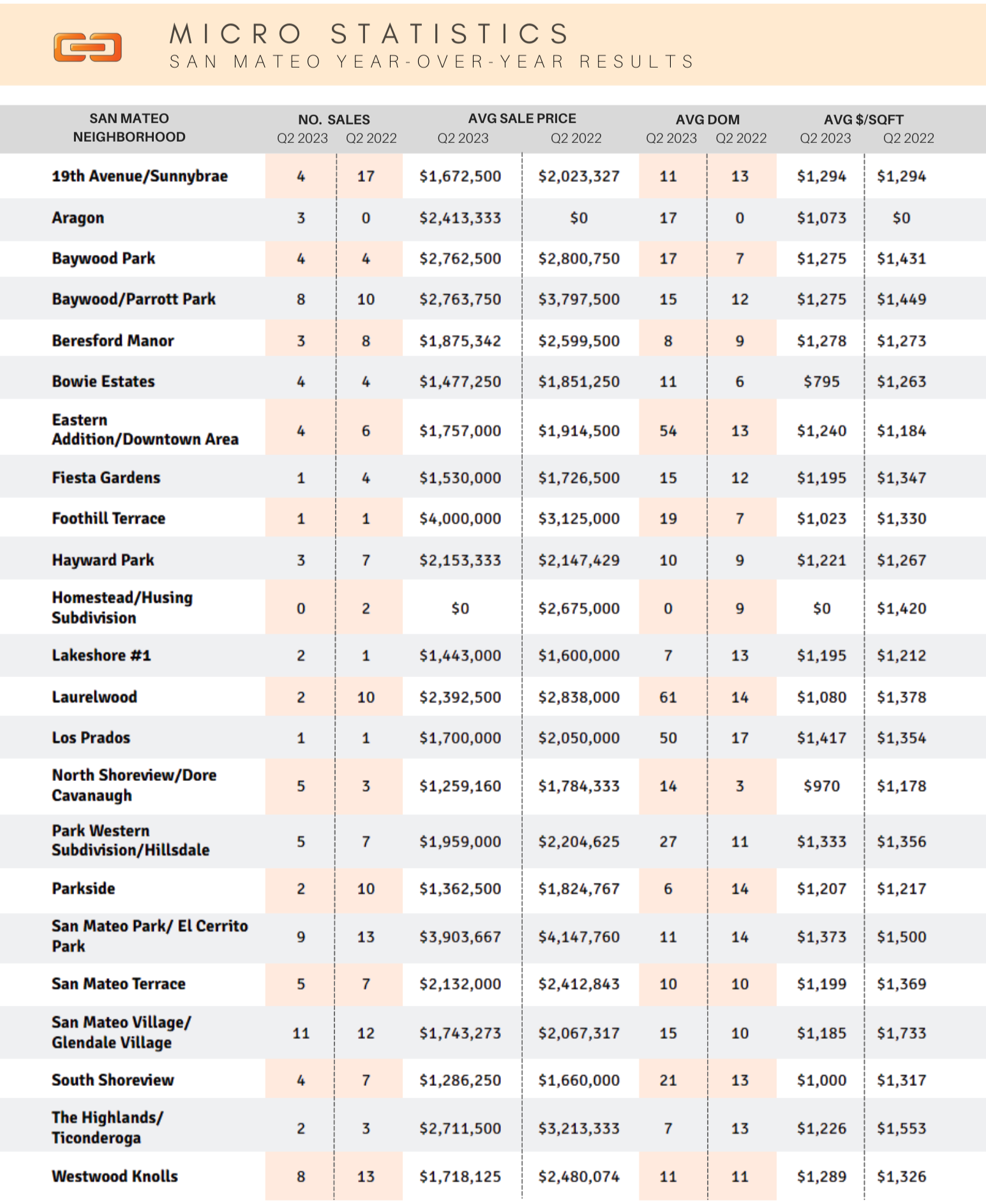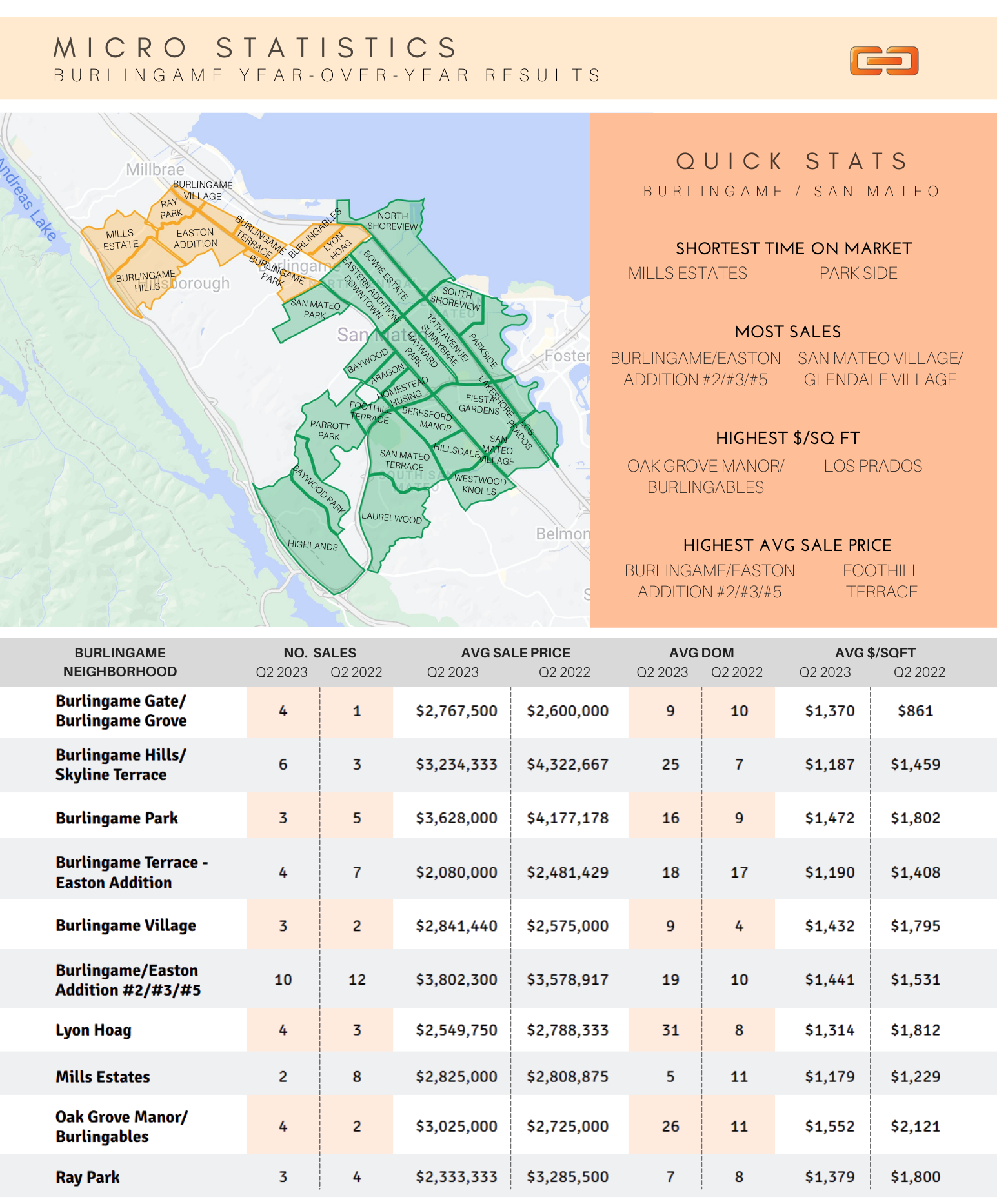A Drop in Equity Doesn’t Mean Low Equity

You may see media coverage talking about a drop in homeowner equity. What’s important to understand is that equity is tied closely to home values. So, when home prices appreciate, you can expect equity to grow. And when home prices decline, equity does too. Here’s how this has played out recently.
Home prices rose rapidly during the ‘unicorn’ years. That gave homeowners a considerable equity boost. But those ‘unicorn’ years couldn’t last forever. The market had to moderate at some point, and that’s what we saw last fall and winter.
Equity was impacted as home prices decreased modestly in the second half of 2022. According to CoreLogic's most recent data, homeowner equity decreased over the previous year by 0.7%. The headlines covering that development, though, don't give the full story. Despite the fact that equity decreased due to a decline in property prices in the second half of last year, the data shows homeowners still have near-record amounts of equity.
The graph below helps illustrate this point by looking at the total amount of tappable equity in this country going all the way back to 2005. Tappable equity is the amount of equity available for homeowners to access before hitting a maximum 80% loan-to-value ratio (LTV). As the data shows, there was a significant equity boost during the ‘unicorn’ years as home prices rapidly appreciated (see the purple in the graph below).
But here’s what’s key to realize – even though there’s been a small dip, total homeowner equity is still much higher than it was before the ‘unicorn’ years.

And there’s more good news. Recent home price reports show the worst home price declines are behind us, and prices have started to go up again. As Selma Hepp, Chief Economist at CoreLogic, explains:
“Home equity trends closely follow home price changes. As a result, while the average amount of equity declined from a year ago, it increased from the fourth quarter of 2022, as monthly home prices growth accelerated in early 2023.”
The last part of that quote is particularly important and is the piece of the puzzle the news is leaving out. To further emphasize the positive turn we’re already seeing, experts say home prices are forecast to appreciate at a more normal rate over the next year. In the same report, Hepp puts it this way:
“The average U.S. homeowner now has more than $274,000 in equity – up significantly from $182,000 before the pandemic. Also, while homeowners in some areas of the country who bought a property last spring have no equity as a result of price losses, forecasted home price appreciation over the next year should help many borrowers regain some of that lost equity.”
And even though Odeta Kushi, Deputy Chief Economist at First American, references a slightly different number, Kushi further validates the fact that homeowners have a lot of equity right now.
That means if you’ve owned your home for a few years, you likely still have way more equity than you did before the ‘unicorn’ years. And if you’ve owned your home for a year or less, the price appreciation over the next year should mean your equity is already on the way back up.
Bottom Line
Context is everything when looking at headlines. While homeowner equity dropped some from last year, it’s still near all-time highs. Reach out to a trusted real estate professional so you can get the answers you deserve from an expert who is in the field and boots on the ground.

MY TAKE
Caroline's take on the latest market trends
Real estate presents a lucrative long-term investment opportunity. Beyond the satisfaction of owning and enjoying a home, the recent rapid appreciation of home values has further enhanced the benefits of homeownership. By undertaking renovations to increase your property's value or reinvesting in the market to expand your portfolio, there are various avenues to maximize your investment without having to sell your home. Explore the multitude of options available and make your investment work for you!
Would you like to know all the options?
We are always here to help you select the best strategy for you.



This review is focused on single-family homes and does not include condominiums unless specifically noted. AVG DOM refers to average days on market. The abbreviation SQFT refers to square footage. Data sources: BrokerMetrics. All information is reliable but not guaranteed. If your property is listed for sale, this is not a solicitation.
FOR NEWS INQUIRIES
Kyle Henry
Director of Marketing
Kyle.H@CarolineHuo.com
650.727.1308
Share & Stay in the Know











